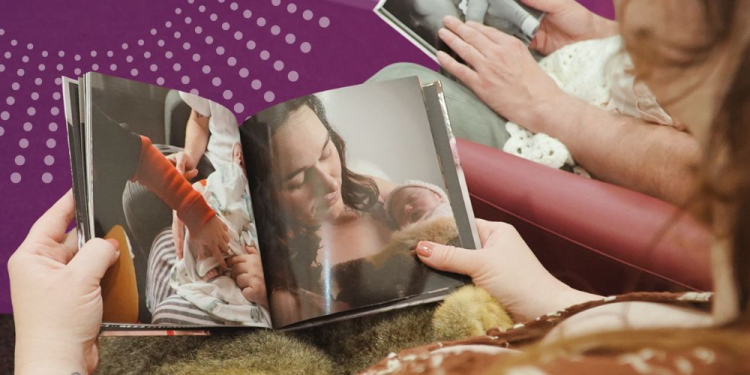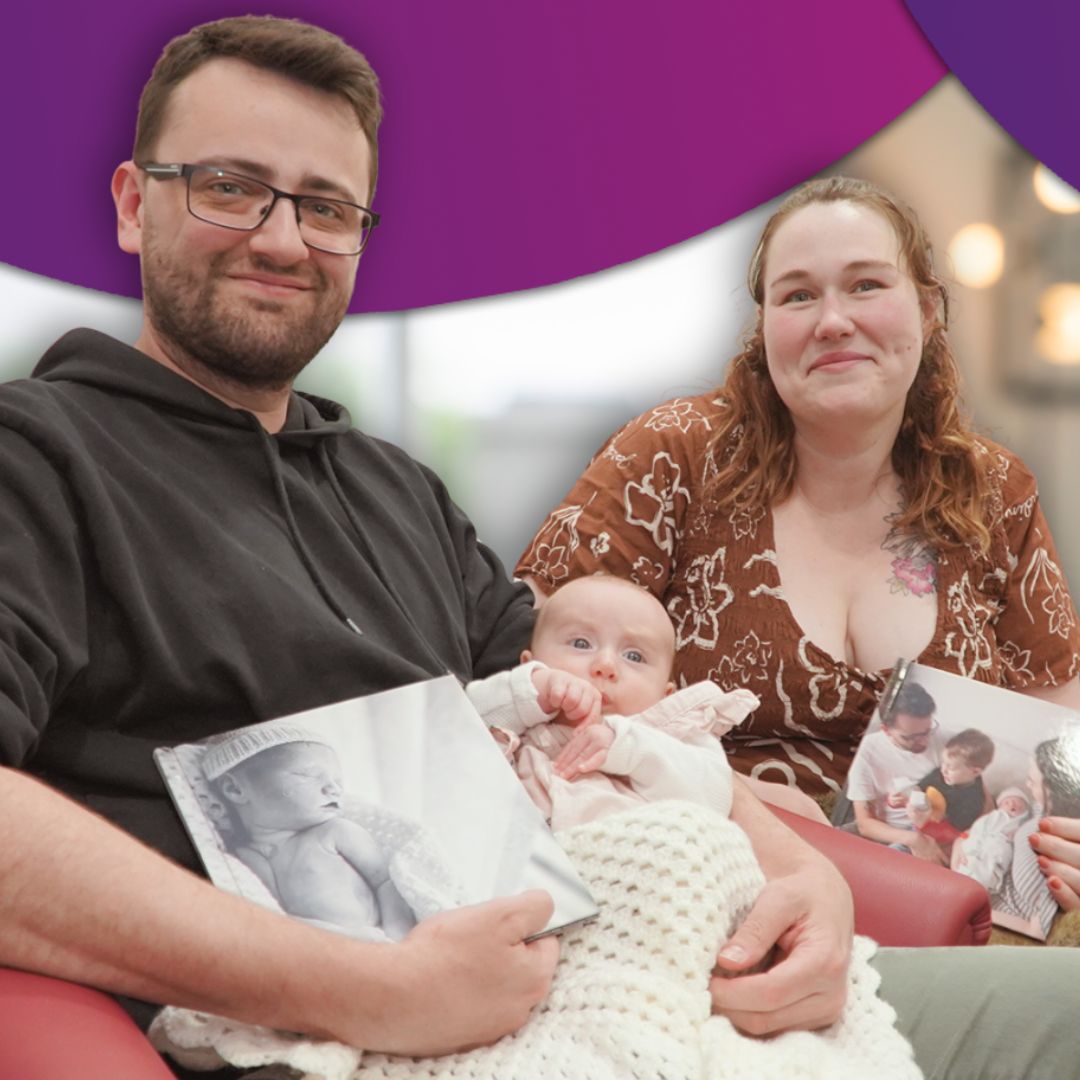
When Morgan and Dylan walked into the hospital for what they thought would be a routine growth scan, they had no reason to expect the devastating news that awaited them. At 36 weeks, their daughter Eloise had no heartbeat.
“We’d had miscarriages before, so we didn’t let ourselves believe she was really coming until we saw her on a scan at 32 weeks,” Morgan remembers. “And then, just four weeks later, she was gone. It was an absolute shock.”
The parents describe those first hours and days as surreal, full of disbelief and anguish. Dylan, often overlooked as a grieving father, recalls: “Everything was focused on Morgan, which made sense, but I felt like my grief wasn’t always recognised. Inside, I was breaking too.”
At first Morgan refused to see or hold Eloise.
“I didn’t want a corpse in the room with me,” she admits. But later that night, grief overcame her. She asked the midwives to bring Eloise back. “I spent hours with her, even eating breakfast by her side. I dropped cornflakes on her head, and for a moment it felt like she was just there with me. I’ll never forget that.”
Compassionate care
 The Women’s supported Morgan and Dylan with memory-making, photographs, and keepsakes. A midwife who knew them well provided continuity of care, and staff gave them space and time to process unbearable choices. “They made the best out of an absolutely horrible situation,” Dylan says.
The Women’s supported Morgan and Dylan with memory-making, photographs, and keepsakes. A midwife who knew them well provided continuity of care, and staff gave them space and time to process unbearable choices. “They made the best out of an absolutely horrible situation,” Dylan says.
For Morgan, cultural support was especially meaningful. As an Aboriginal woman, receiving a possum skin for Eloise provided a sensory and spiritual connection: “It held her smell. Even now, I’ve bought candles with the same scent for Dylan. When we light them, we’re processing grief together.” Staff also arranged a blessing for Eloise, carefully balancing Morgan’s heritage with the couple’s atheism.
Small acts of respect mattered. When Morgan faced her fear of returning to the ultrasound room where she had learned Eloise had died, the sonographer walked with her gently, ready to stop if it was too much. Another doctor knelt by her bedside to speak at eye level, making her feel seen.
Grief that doesn’t end
At home, grief wove into daily life. Their four-year-old son Lincoln learned about death in ways most children never do. He drew pictures of Eloise in her “box”, talked to her ashes kept in a small urn, and sometimes insisted that “only babies die”. Morgan and Dylan answered his questions simply, never lying but never overwhelming him.
“Grief changes as children grow,” Morgan says. “We had books, play therapy, and the hospital’s support to help him find words for feelings he couldn’t express with us.”
For Morgan, grief can be triggered by the smallest things.
“I’ll see butcher’s string and think of Eloise’s stitches. I’ll see a girl her age and it hits me again,” Morgan says.
Dylan adds, “I think about her every day. The hole she left is never going to close.”
Family support was mixed. Some friends provided meals and care packages; others unintentionally caused pain. Dylan recalls, “Sometimes people made it about themselves, and we felt like we weren’t even allowed to grieve in our own way.”
Holding Eloise close
Eloise was due to be born on 26 May 2024. Her little sister, Violet, was due on 26 July 2025, fourteen months later. The girls share the same due date – the 26th – a coincidence that, for Morgan and Dylan, feels like a quiet but powerful bond between them.
Violet’s arrival has brought joy and healing, but Morgan is clear: “Grief doesn’t go away. It changes shape, but it’s still here. It’s an open wound we live with.”
By sharing their story, Morgan and Dylan hope to break the silence around infant loss, to help other families feel less alone, and to remind health professionals how much compassionate, culturally respectful care matters when the unimaginable happens.